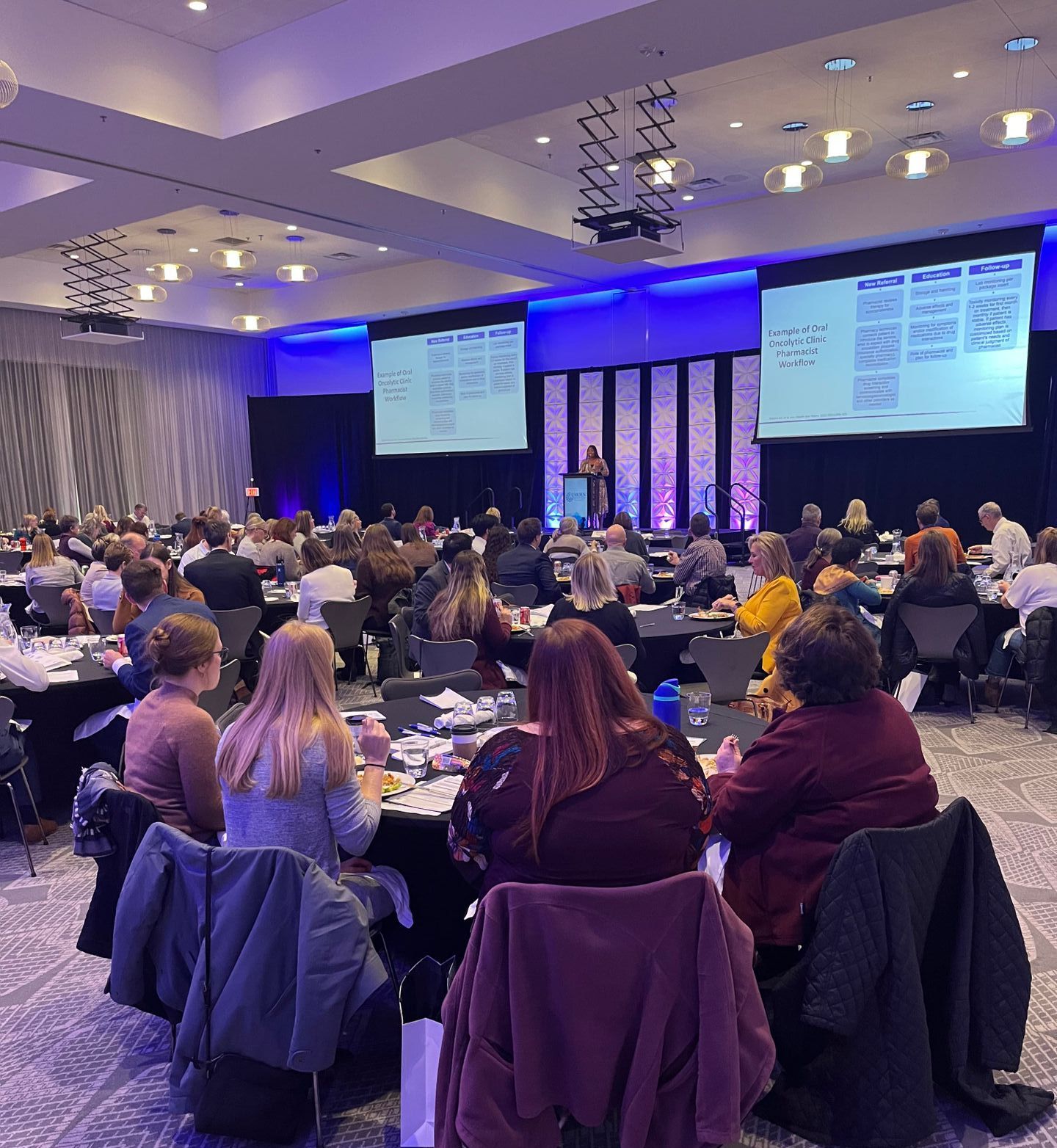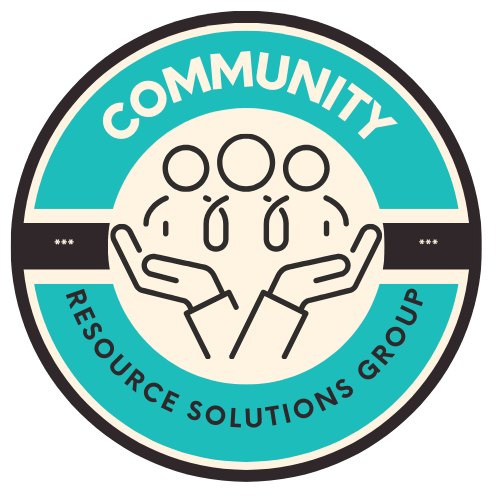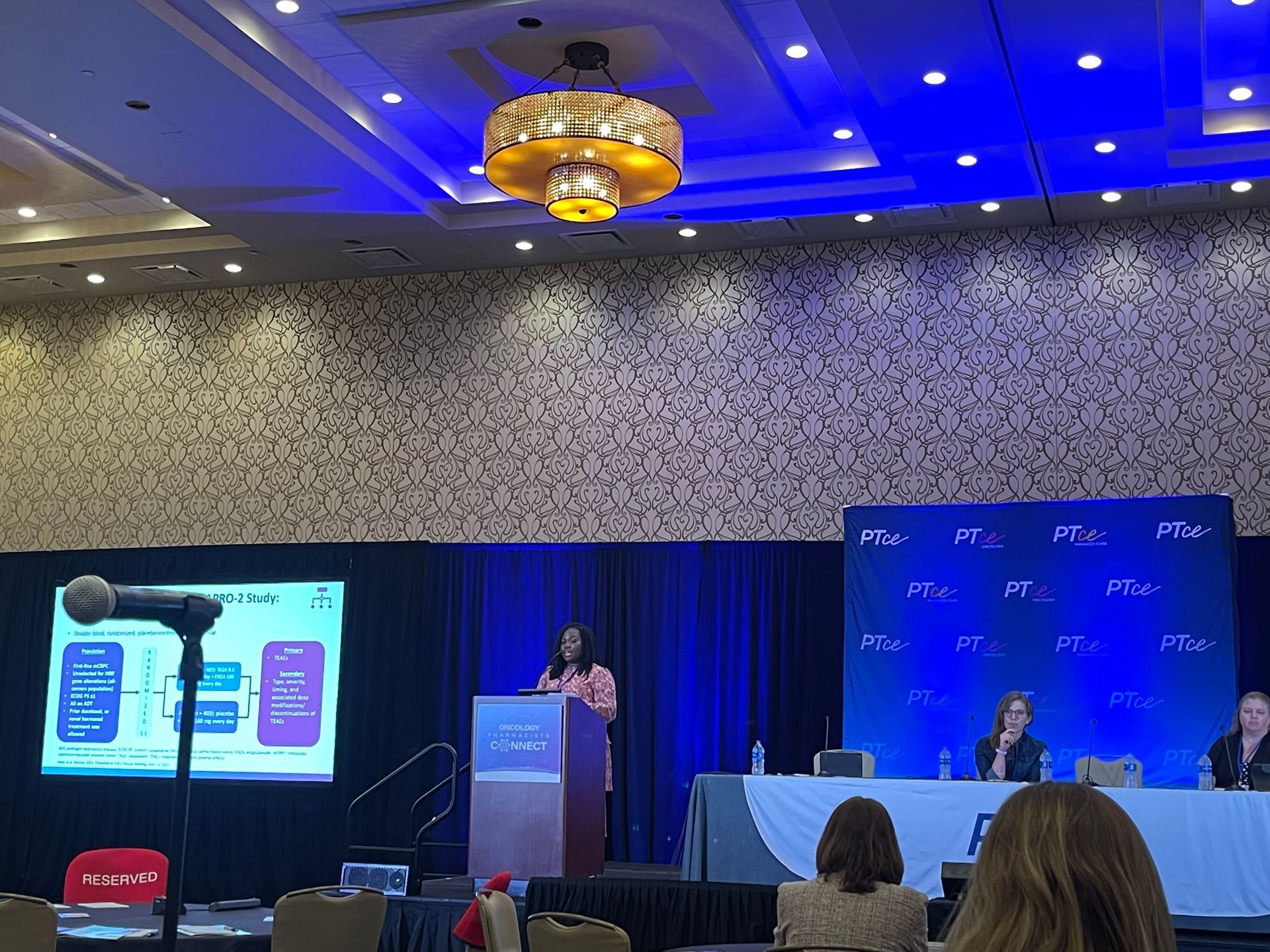Common Mistakes To Avoid In ACPE Accreditation Submissions
Common Mistakes To Avoid In ACPE Accreditation Submissions

Understanding ACPE Accreditation Requirements
Understanding ACPE accreditation requirements is a crucial step for any pharmacy program aiming to achieve accreditation or maintain its status. The Accreditation Council for Pharmacy Education (ACPE) sets specific standards and guidelines that ensure pharmacy programs offer a comprehensive and rigorous education, preparing students to meet the demands of the healthcare industry effectively. To navigate these requirements successfully, programs need to have a thorough understanding of each standard and the expectations set forth by the ACPE.
One common issue is a lack of familiarity with the most current standards, as these can periodically undergo revisions. Staying updated with any changes and understanding their implications is essential for ensuring that the program remains in compliance. Each standard lays out detailed criteria covering various aspects of the academic and organizational structure, including curriculum design, student services, faculty qualifications, assessment methods, and more.
Programs must delve deeply into these criteria and align their processes and outcomes accordingly.
In addition to the standards themselves, becoming acquainted with the ACPE’s policies on the submission process is vital. This involves understanding the documentation requirements, submission timelines, and the specific processes for self-study reports and evaluation visits. Misunderstanding these procedural aspects can lead to incomplete submissions or delays, which could adversely impact the accreditation process.
Furthermore, it's important to engage with ACPE resources, such as webinars, workshops, and consultation services, which can offer valuable insights and guidance. Fostering a culture of assessment and continuous improvement within the program will not only aid in meeting ACPE requirements but also enhance the overall quality of the educational experience provided. Clear communication and collaborative efforts across all departments are key to ensuring that all areas are adequately prepared for the accreditation review process.
By meticulously understanding and adhering to these requirements, programs can avoid common pitfalls and position themselves for a successful ACPE accreditation outcome.
Incomplete Or Inaccurate Documentation
Incomplete or inaccurate documentation is a significant pitfall that can jeopardize the success of ACPE accreditation submissions. Many institutions may underestimate the importance of thorough and precise documentation, which can lead to setbacks in the accreditation process. Complete and accurate documentation serves as the backbone of the evaluation, providing the evidence needed to demonstrate compliance with ACPE standards and guidelines.
One primary issue is the submission of incomplete data, which can arise when critical information is omitted or when documents are not properly filled out or signed. This can happen due to oversight, miscommunication among team members, or a lack of understanding of the documentation requirements. To avoid this, it's essential to carefully review the ACPE guidelines and criteria, ensuring that each document aligns with the required standards and includes all necessary components.
A preliminary checklist can be an effective tool to track documents, ensuring that nothing is missed before submission.
Inaccurate documentation poses another challenge, as it can lead to misunderstandings or misrepresentations of the pharmacy program. This can occur when data is outdated, figures are incorrectly calculated, or descriptions do not precisely reflect the program’s operations and outcomes. It's vital to cross-check all information for accuracy and update any documents that may have changed since the last review. Regular audits of the data and documents, as well as peer reviews, can help catch errors that might otherwise slip through unnoticed.
Furthermore, consistency across documents is crucial. Discrepancies between narratives, appendices, or supplementary materials can lead to confusion and undermine the submission's credibility. For this reason, ensuring that all team members are on the same page regarding document versions and edits is important. Establishing a centralized system for document management can facilitate this process.
Ultimately, precise and complete documentation not only streamlines the accreditation process but also strengthens the integrity and recognition of the pharmacy program. It is an essential component that requires attention to detail, coordination, and ongoing diligence to meet ACPE standards successfully.
Overlooking Deadlines And Submission Timelines
In the process of preparing a successful submission for ACPE accreditation, one of the most significant pitfalls is overlooking deadlines and submission timelines. This misstep can arise from poor planning and organization, and can have serious repercussions on the outcome of the accreditation process. The significance of adhering to established timelines cannot be overstated as each segment of the submission process often builds upon the previous ones, with specific deadlines set for various components.
Missing even a single deadline can cascade into other areas, potentially causing the entire accreditation timeline to shift unfavorably.
Institutions seeking accreditation must have a clear understanding of the timeline outlined by ACPE, which typically consists of multiple phases including initial application, evidence submission, self-study report, and site visits. Each of these phases is tied to specific deadlines that are crucial for progression. Procrastination or underestimating the time required to complete each phase can lead to rushed, subpar submissions that fail to meet the rigorous standards set by the accrediting body.
This can result in either outright rejection of the application or requests for additional information that delay the overall process.
Effective project management and strategic planning are essential in avoiding overlooked deadlines. Institutions should implement detailed scheduling that allows for adequate preparation and review time. Assigning dedicated personnel to oversee the timeline and ensuring that all team members are aware of their responsibilities and the critical nature of each deadline can mitigate risks associated with timelines. Additionally, maintaining open communication with ACPE throughout the process can provide clarification on expectations and any potential flexibility with deadlines, giving institutions a better chance to address unforeseen challenges in a timely manner.
Keeping a focused eye on submission timelines not only facilitates a smoother accreditation process but also demonstrates to the accrediting body that the institution is well-organized, competent, and fully prepared to uphold the standards of excellence required for accreditation.
Insufficient Evidence Of Program Quality
In the pursuit of ACPE accreditation, one of the critical pitfalls that institutions frequently encounter is the provision of insufficient evidence regarding program quality. At the heart of the accreditation process is the demonstration of a rigorous, high-quality educational experience that meets the standards set by the Accreditation Council for Pharmacy Education (ACPE). When institutions fail to adequately showcase this, it undermines their submission and jeopardizes their chances of obtaining accreditation.
A common misstep is the neglect in providing comprehensive data and analysis that substantively illustrate the quality and efficacy of the program. Instead of generic descriptions, institutions should focus on offering quantifiable and qualitative evidence that reflects how their educational strategies achieve desired learning outcomes. For instance, assessment tools used to gauge student proficiency and progression need to be elaborated upon, with data trends and interpretations presented clearly.
This includes standardized exam scores, graduation rates, student feedback, and post-graduation employment statistics.
Another issue is failing to align the program’s objectives with ACPE standards explicitly. Submissions often fall short when they do not clearly connect how specific elements of the program fulfill these standards. Institutions must ensure they identify each ACPE standard and provide concrete examples and documentation showcasing compliance and excellence in those areas.
Moreover, while it is essential to highlight successes, acknowledging challenges and demonstrating continuous improvement mechanisms is equally vital. Accreditation bodies appreciate transparency and an honest evaluation of areas needing improvement, coupled with detailed plans for enhancement. This not only illustrates a commitment to quality but also positions the institution as a proactive entity dedicated to evolving and maintaining high standards.
In essence, avoiding insufficient evidence in ACPE accreditation submissions demands a strategic approach that combines comprehensive data analysis, transparent alignment with ACPE standards, and a commitment to continuous improvement. Institutions should ensure they present a robust narrative supported by concrete evidence that convincingly affirms their program's quality and effectiveness.
Ignoring Feedback From Previous Reviews
When seeking ACPE accreditation, one significant pitfall to avoid is disregarding feedback from previous reviews. Institutions aiming for accreditation might feel a sense of urgency to move forward swiftly, but neglecting to thoroughly understand and integrate past feedback can be detrimental to the success of their submission. Feedback from previous reviews is not just a critique of past efforts but a valuable roadmap for improvement that helps to align the institution's programs with ACPE standards.
Overlooking these insights can lead to repeated mistakes, resulting in unnecessary setbacks and potential delays in achieving accreditation.
The feedback provided often addresses specific areas where institutions fall short of ACPE requirements or where enhancements are clearly needed. Disregarding such guidance indicates a lack of responsiveness to ACPE's expectations and might suggest to evaluators a limited commitment to continuous improvement. Instead, institutions should embark on a careful analysis of feedback, dissecting and discussing it within their teams to develop robust strategies for addressing highlighted weaknesses.
Moreover, ignoring past feedback can result in a lack of development in critical areas such as curriculum effectiveness, faculty qualifications, and assessment procedures. Each cycle of feedback is an opportunity to refine these aspects further, ensuring that the institution not only meets but exceeds the standards set forth. It is critical to establish a clear action plan that integrates feedback into tangible improvements, demonstrating to ACPE a proactive and committed approach to quality enhancement.
Collaboration across departments is essential for successfully implementing changes based on feedback. Some recommendations may require interdisciplinary solutions or investments in training and resources, all of which necessitate a coordinated effort. Ultimately, welcoming and acting on feedback fosters an environment of ongoing enhancement and progress, enhancing the overall quality of the pharmacy program and increasing the likelihood of a successful accreditation outcome.
Institutions should regard feedback as an invaluable component of their growth strategy rather than an obstacle, positioning themselves favorably within the accreditation process.
Lack Of Continuous Quality Improvement Plans
When it comes to ACPE accreditation submissions, one common mistake that institutions often make is the lack of comprehensive Continuous Quality Improvement (CQI) plans. Quality improvement is a core aspect of accreditation processes, which aims to ensure that educational institutions not only meet certain standards but also strive for ongoing improvement. A well-developed CQI plan demonstrates an institution's commitment to high standards of educational quality and its dedication to adapting to changes and challenges over time.
The absence of robust CQI plans can reflect poorly on the institution’s ability to self-assess and adapt to both internal and external changes. An effective CQI plan should involve systematic assessment, feedback, and improvement tactics that engage all stakeholders, including faculty, students, and administrative personnel. However, some institutions submit accreditation documents showcasing sporadic or poorly structured quality improvement efforts, failing to demonstrate ongoing commitment and structured strategies for improvement.
A common trap is viewing CQI as a box to check off rather than as an integral and dynamic part of the institution's culture. Without a CQI plan that includes regular review cycles, measurable objectives, and mechanisms for implementing necessary changes, an institution might find itself falling behind best practices in pharmacy education. Moreover, without input from a range of stakeholders, inclusive of students and lecturers who experience the curriculum firsthand, CQI plans can become detached from the reality of the institution's day-to-day operational environment.
Another pitfall is treating each accreditation cycle as an endpoint rather than a point on an ongoing journey of improvement. Institutions may fail to adequately cycle previous assessment data back into planning processes, leading to stagnation instead of evolution. A proactive CQI plan should serve as a model for repeating cycles of planning, action, monitoring, and evaluation, ultimately leading to sustained excellence in educational delivery.
In the absence of a discernable CQI plan, accreditation bodies may question the institution’s ability to maintain standards over the long-term.
Neglecting To Address Specific Accreditation Standards
When preparing for ACPE accreditation submissions, one prevalent mistake institutions often make is neglecting to thoroughly address specific accreditation standards. The Accreditation Council for Pharmacy Education (ACPE) has a comprehensive set of standards that institutions must meet to ensure their educational programs align with established criteria for quality and effectiveness. These standards serve as vital benchmarks and provide a structured framework for evaluating the institution's programs, faculty, resources, and student services.
Overlooking or inadequately addressing any of these standards could result in significant setbacks in the accreditation process.
One reason for this oversight is a lack of understanding or familiarity with the specific requirements outlined in the ACPE standards. Institutions may assume they already meet certain criteria based on their historical practices or existing programs without verifying compliance with current standards. This can be particularly problematic if standards have been updated or revised. Moreover, failing to dissect and interpret each standard individually can lead to broad assumptions that institutions are meeting requirements when they might not be.
Another contributing factor is insufficient evidence or documentation to demonstrate compliance. Accreditation bodies like ACPE require detailed reports and supporting materials that illustrate how each standard is being met. Without adequate documentation, even programs that fully comply with standards may appear deficient. It's crucial for institutions to gather and present clear, comprehensive data and examples that not only show adherence to the standards but also highlight the efficacy and outcomes of their educational practices.
Institutions should prioritize a meticulous review and understanding of each standard, ensuring that their interpretations and implementations are aligned with ACPE's expectations. Engaging faculty and administration in accreditation readiness workshops or training sessions can be beneficial. Additionally, maintaining ongoing self-assessment and continuous improvement processes helps institutions remain up-to-date with standards and fosters a culture of compliance and excellence. By recognizing the importance of addressing specific accreditation standards with precision and diligence, institutions can avoid setbacks and achieve successful accreditation outcomes.
📩 Contact us today to explore tailored solutions for your ACPE accreditation preparation!
🔗 Visit Community RSG to learn more and take your pharmacy education to the next level.

Slide title
Write your caption hereButtonSlide title
Write your caption hereButtonSlide title
Write your caption hereButton
Blogs
Community Resource Solutions Group
Transforming Health Equity Initiatives with Proven Strategies and Insights.
Business Hours
Mon-Fri 9 am-5 pm
Houston, TX
TeL: 346-436-7986
MENU
STAY CONNECTED
Contact Us
We will get back to you as soon as possible.
Please try again later.












